Simplify Video Editing with API Integration
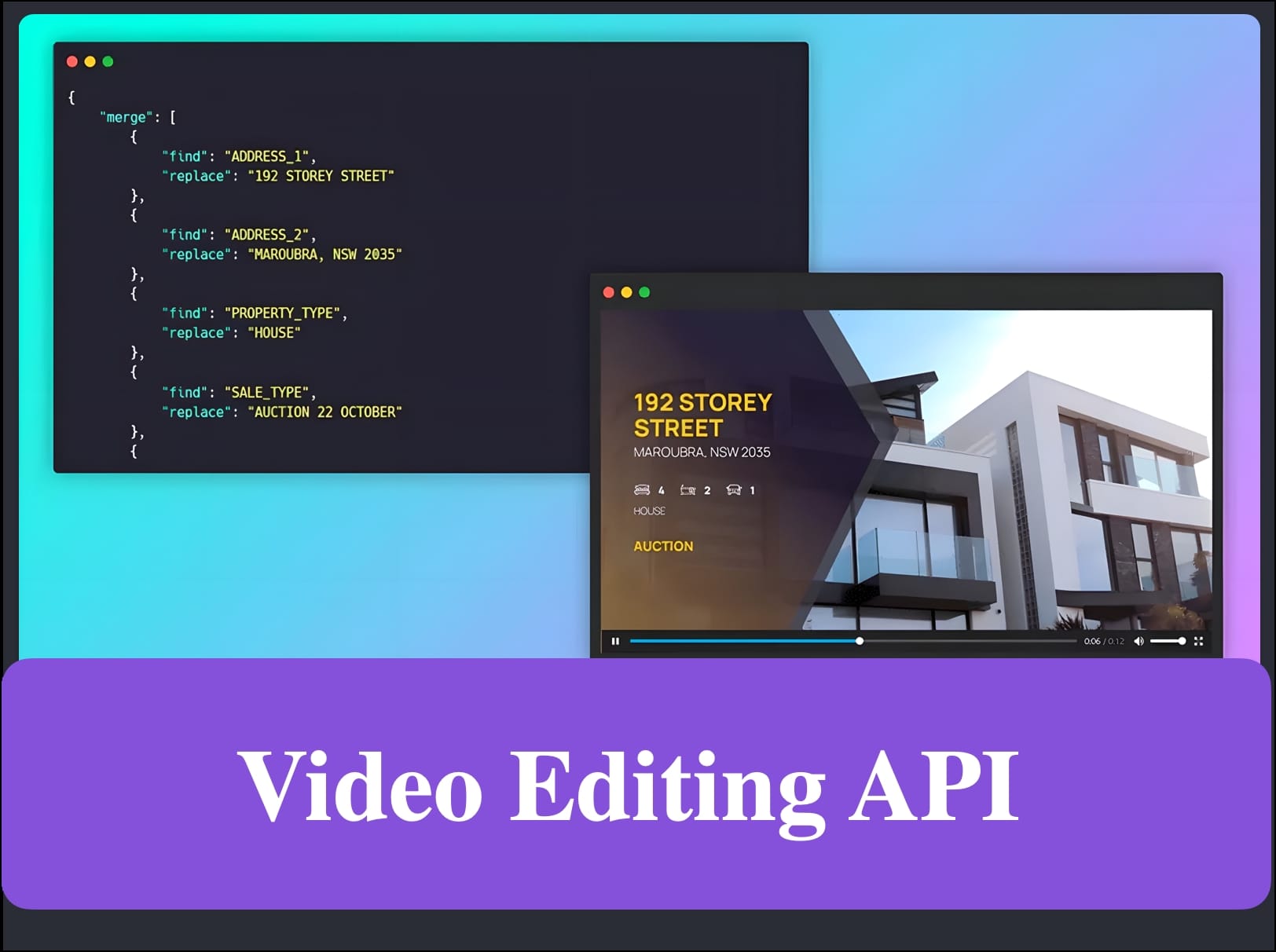
Simplify video editing with API integration. Discover how our video editing API can streamline your editing process and enhance your workflow.
Video editing has become an essential part of content creation in today’s digital age. Whether you’re a professional video editor or an aspiring social media influencer, having the right tools to simplify the editing process is crucial. This is where API integration comes into play. By seamlessly integrating APIs into video editing workflows, creators can streamline their editing tasks, enhance video content, and save valuable time and effort. In this blog, we will explore the role of API in video editing, the intersection of AI and video production, the efficiency of AI in short video content creation, the challenges in AI video editing, convenient API tools for video editing tasks, and why novita.ai API is the ideal choice for video editing. Let’s dive in!
Understanding the Role of API in Video Editing
API, or Application Programming Interface, plays a crucial role in simplifying video editing tasks. It acts as a simple restful interface that allows different software applications to communicate and share data seamlessly. When it comes to video editing, APIs provide functionality that enhances the editing process. For example, video editing APIs offer access to video templates, making it easier to create new video content. Additionally, API integration enables video editor developers to leverage programming languages for enhanced functionality, cloud api for video creation, and audio tracks for background music, thereby simplifying the video editing workflow.
Definition and Function of API
API, short for Application Programming Interface, is a set of rules and protocols that enables software applications to communicate and share data with each other. In the context of video editing, an API provides a simple restful interface that allows video editors to access and utilize certain functionalities for efficient editing. This functionality can include features such as video templates, programming language integration, cloud api for video creation, and audio tracks for background music. By integrating API into video editing workflows, creators can simplify their editing tasks and enhance the overall video content.
Role of API in Simplifying Video Editing
The integration of API in video editing plays a key role in simplifying the editing process. With the help of cloud api, video editors can access video templates, which provide pre-designed structures that can be customized to suit their needs. These templates save time and effort by providing a starting point for video creation. Moreover, API integration allows video editor developers to leverage programming languages, enabling them to create new video content with enhanced functionality. This opens up new possibilities for video editing and customization, making the process more efficient and convenient for creators.
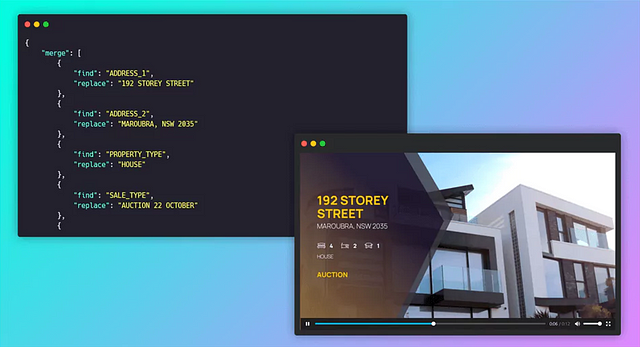
The Intersection of AI and Video Production
AI, or Artificial Intelligence, has brought about a significant transformation in various industries, including video production. When it comes to video editing, AI is at the forefront of innovation, influencing the way videos are created and edited. By leveraging AI, video production processes can be automated, resulting in faster and more efficient content creation. In this section, we will explore the influence of machine learning on video editing and the impact of computer vision in the editing process. Let’s dive deeper into the intersection of AI and video production.
The Influence of Machine Learning
Machine learning, a subset of AI, plays a crucial role in video editing and content creation. By analyzing vast amounts of video content, machine learning algorithms can identify patterns and generate insights that can be used to enhance videos. Here are some key ways in which machine learning influences video editing:
- Subtitles and animation: Machine learning algorithms can automatically generate subtitles and animations based on the video content.
- Font and animation selection: AI-driven video editing uses machine learning to suggest font and animation options, making video editing more efficient.
- Video content creation: Machine learning algorithms can assist in generating video content by analyzing existing video libraries and creating new videos based on learned patterns and styles.
The Impact of Computer Vision
Computer vision, a branch of AI, has had a significant impact on video editing and production. By leveraging computer vision, video editing software can identify and analyze visual elements in videos, enhancing the overall editing process. Here are some key ways in which computer vision impacts video editing:
- Advanced video editing functionality: AI video editing, powered by computer vision, offers advanced functionality such as object tracking, background removal, and scene detection, enabling video editors to achieve professional-quality results.
- Social media videos: Computer vision algorithms can analyze video content to optimize it for specific social media platforms, ensuring videos meet platform-specific requirements for maximum engagement.
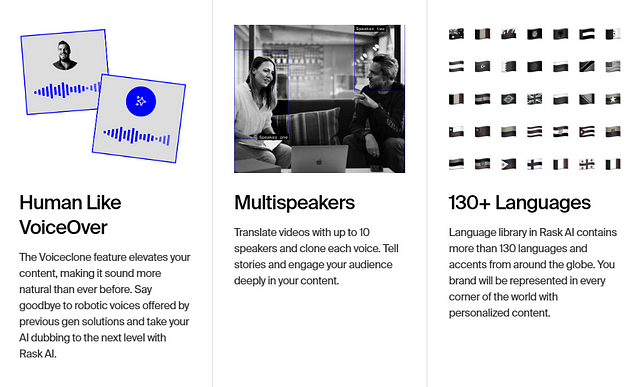
Efficiency of AI in Short Video Content Creation
In today’s fast-paced digital world, short videos have gained immense popularity, especially on social media platforms. Creating compelling short videos requires efficiency and speed, and this is where AI comes into play. By leveraging AI-driven video creation, content creators can streamline their workflows, automate certain processes, and produce high-quality videos in less time. In this section, we will explore the process of AI-driven video creation and the advantages of AI in video content creation. Let’s dive in!
The Process of AI-Driven Video Creation
AI-driven video creation simplifies the video production process, providing content creators with the tools and automation necessary to produce engaging videos efficiently. Here are some key aspects of the process:
- Simple restful interface: AI video creation offers a simple restful interface, making it easy for content creators to integrate AI functionality into their existing video editing workflow.
- Automation: AI-driven video creation streamlines video production by automating tasks such as video editing, subtitle generation, font selection, and animation creation.
- Social media videos: AI video creation is particularly well-suited for creating social media videos, allowing content creators to quickly and efficiently produce content optimized for different social media platforms.
Advantages of AI in Video Creation
The advantages of AI in video creation are vast, offering content creators new possibilities and efficiencies. Here are some key advantages:
- Efficiency: AI-driven video creation automates repetitive, time-consuming tasks, freeing up time for content creators to focus on the creative aspects of video production.
- Programming language integration: AI video creation allows content creators to leverage programming languages to customize and enhance video creation processes.
- Video API integration: AI video creation can be seamlessly integrated with video APIs, expanding functionality and enabling content creators to generate new, innovative videos.
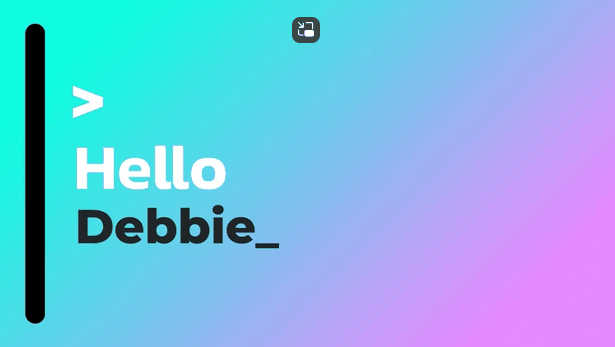
How to Maximize the Use of AI in Video Creation?
To make the most of AI in video creation, content creators need to adopt best practices and learn from successful case studies. In this section, we will explore the best practices for using AI in video creation and discuss successful case studies of AI usage. Let’s discover how to maximize the use of AI in video creation!
Best Practices for Using AI
To ensure effective utilization of AI in video creation, it is important to follow best practices. Here are some key best practices for content creators:
- Identify AI tools that align with your specific video creation needs. Whether it’s for video editing, animation, or content generation, selecting the right tools is crucial.
- Use AI to automate repetitive and time-consuming tasks such as video editing, captioning, or even sorting and organizing footage. This allows creators to focus on more creative aspects of the video-making process.
- Explore AI tools that can generate content, such as scriptwriting, voiceovers, or even music composition. This can be particularly useful for generating ideas or filling in creative gaps.
- Use AI for optimizing video SEO. Some tools analyze keywords, trends, and audience behavior to suggest relevant tags, titles, and descriptions, improving the discoverability of your videos.
- Explore deep learning techniques for advanced visual effects. AI can enhance or create visual effects, making your videos more visually appealing and professional.
Case Studies of Successful AI Usage in Video Creation
Examining successful case studies of AI usage in video creation provides valuable insights and inspiration for content creators. Here are some notable case studies that highlight the impact of AI:
- Social media video production: AI-driven video creation has revolutionized the production of social media videos, enabling content creators to automate video editing tasks, optimize video content, and increase engagement on platforms like YouTube, Instagram, and more.
- Innovation in video production: Successful case studies showcase how AI has transformed video production, enabling content creators to push boundaries, experiment with new techniques, and create captivating video content.

Why Choose Rask API for Video Editing?
With numerous API options available, content creators might wonder why Rask API is the ideal choice for video editing. In this section, we will compare Rask API with other API tools, examining its feature set, pricing, and functionalities. Additionally, we will highlight testimonials from Rask API users, providing insights into its advantages and user satisfaction. Let’s explore why Rask API is the right choice for video editing!
Overview of Rask API
Rask API is a comprehensive API tool that facilitates video editing tasks. It offers functionality such as cloud api for video creation and editing, making it easy to integrate with existing video editing workflows. Rask API is designed to work seamlessly with openshot video editor, providing extensive feature sets for video content creation. With Rask API, content creators can access a wide range of video templates, programming language integration, key frame animations, background audio tracks, and more, enhancing the video editing process.
Understanding the Functionality of Rask API
Rask API works by providing a server that hosts video editing functionality. By leveraging the timeline feature, content creators can edit videos seamlessly, ensuring smooth transitions, overlays, and animations. The functionality of Rask API extends beyond timeline editing, offering a comprehensive set of tools for video content creation, font selection, animation, and more. With its simple restful interface, Rask API enables content creators to integrate video editing functionality seamlessly into their existing workflows.
Overview of Other Popular API Tools
Apart from Rask API, there are other popular API tools available that cater to various video editing requirements. Here are some notable API tools:
- Shotstack: Shotstack offers a robust API functionality for video editing, including features like overlays, animation, captions, and font selection.
- OpenShot Cloud API: OpenShot Cloud API provides a simple restful interface, allowing content creators to integrate video editing functionality into their applications.
Comprehensive functionality: These API tools provide a wide range of functionality, including timeline editing, audio tracks, key frame animations, and more, enabling content creators to have a diverse set of editing options.
Pricing: The pricing of these API tools may vary, offering flexible options for content creators based on their video editing needs and budget.
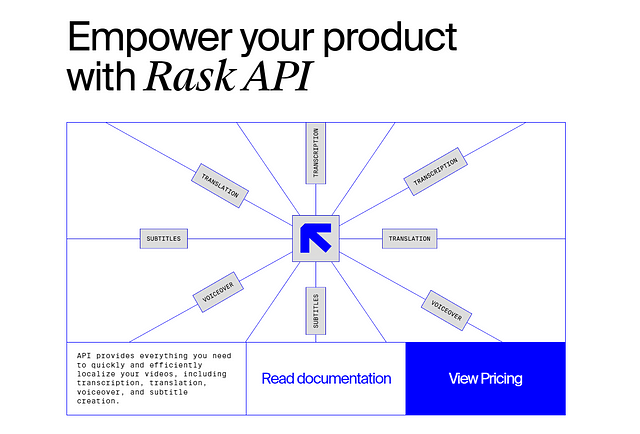
Testimonials from Rask API Users
Testimonials from Rask API users provide valuable insights into the advantages and user satisfaction of using the tool for video editing. Here are some testimonials from content creators who have utilized Rask API:
- User feedback: Content creators appreciate the functionality and efficiency of Rask API, highlighting its key frame animation feature, video templates, cloud api, and background audio tracks, which have significantly enhanced their video editing workflow.
- Video editing advantages: Testimonials highlight the ease of use, automation, and flexibility provided by Rask API, making video editing tasks more streamlined and efficient.

Future Trends in API Video Editing
API video editing continues to evolve, paving the way for future innovations in video creation and editing. In this section, we will explore how API will shape the future of video editing, particularly in terms of automation, cloud api, social media videos, and video templates. Let’s take a look at the future trends in API video editing!
How Will API Continue to Shape the Future of Video Editing?
API will continue to play a key role in shaping the future of video editing, driving innovation and creating new opportunities for content creators. Here are some key trends to look out for:
- Automation: API-driven automation will streamline video editing processes, freeing up time for content creators to focus on creativity rather than repetitive tasks.
- Cloud api: The integration of cloud api with video editing workflows will provide scalability, flexibility, and remote collaboration, revolutionizing the way videos are edited and produced.
- Social media videos: API will continue to reshape the creation of social media videos, offering new features, templates, and functionalities that cater to platform-specific requirements.
- Video templates: AI-driven video templates will become more sophisticated, allowing content creators to create high-quality videos quickly and easily.
Conclusion
In conclusion, API integration has revolutionized the field of video editing, making it simpler and more efficient than ever before. By harnessing the power of AI, video production has become faster, more accurate, and more creative. The use of machine learning and computer vision technologies has paved the way for automated video creation and editing processes, saving time and effort for content creators. While there are challenges and limitations associated with AI video editing, the benefits outweigh them. With the availability of API tools like Rask API, video editing tasks can be conveniently performed, enhancing the overall editing experience. As the future trends in API video editing continue to evolve, we can expect even more advancements in technology, further shaping the way videos are created and edited.
novita.ai provides Stable Diffusion API and hundreds of fast and cheapest AI image generation APIs for 10,000 models.🎯 Fastest generation in just 2s, Pay-As-You-Go, a minimum of $0.0015 for each standard image, you can add your own models and avoid GPU maintenance. Free to share open-source extensions.
Recommended reading